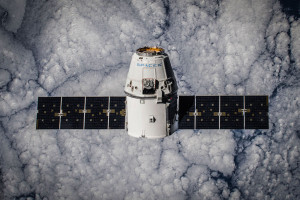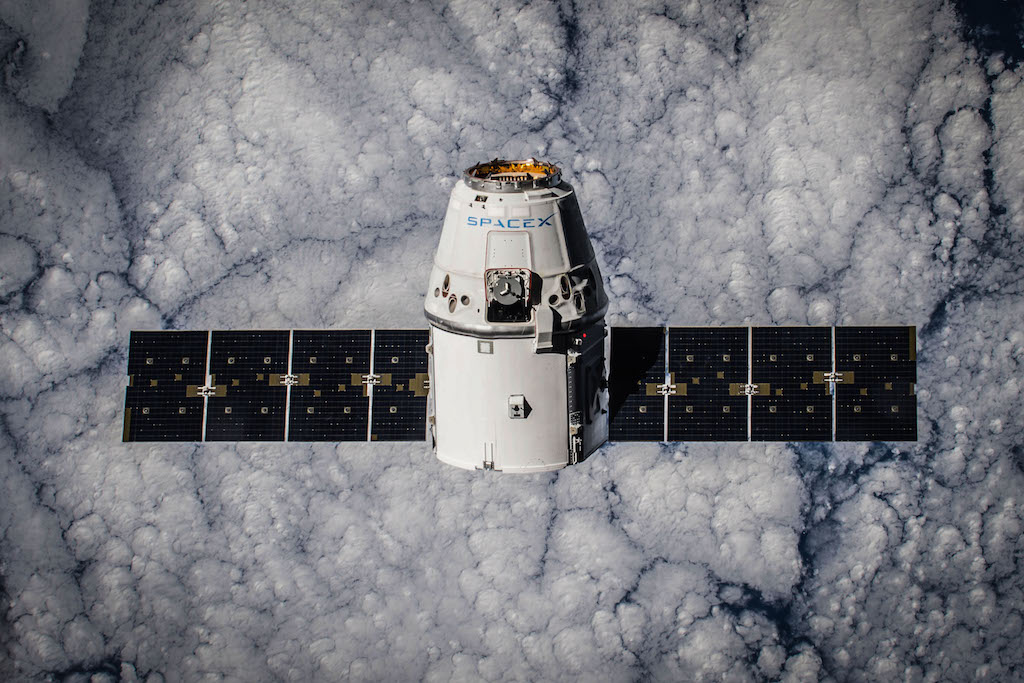
Elon Musk hosted an event this evening opening up a new SpaceX office in Seattle - the future home for his as-yet-unnamed hugely ambitious Space Internet venture.
The SpaceX communication network will involve hundreds of satellites working together, swarming in low earth orbit 750 miles up. At this altitude, satellite data will have the potential to rival fiber optic networks, avoiding the tremendous latency inherent in geosynchronous satellites 22,000 miles away.
“Our focus is on creating a global communications system that would be larger than anything that has been talked about to date."
And of course, this being Elon Musk, he doesn't plan to stop at Earth. He actually plans for the SpaceX internet service to be an important revenue source to fund his plans to build a city on Mars. Which will of course need internet too:
"It will be important for Mars to have a global communications network as well, I think this needs to be done, and I don’t see anyone else doing it.”
SpaceX is just now ramping up hiring to staff the project, and expects it will take around $10 billion dollars and at least five years to get this service off the ground.
If it was anyone other than Elon Musk this would sound like yet more pie-in-the-sky science fiction, but, well... Elon has a proven track record of making science fiction into science fact.
Elon Musk isn't the only billionaire announcing plans to blanket the globe in internet either.
Virgin Galatic's Richard Branson yesterday announced that he was "creating the world's largest ever satellite constellation" by backing a startup called OneWeb that aims to build a similar, but slightly less technically advanced, network focused on delivering internet service to the billions of people who currently have no online access.
OneWeb has a head start over SpaceX - having already secured legal rights to the broadcast spectrum necessary for their plans, and is aiming to go live as early as 2018.
Richard Branson expects OneWeb's jump on securing spectrum will eventually force a cooperative effort:
“I don’t think Elon can do a competing thing ... If Elon wants to get into this area, the logical thing for him would be to tie up with us, and if I were a betting man, I would say the chances of us working together rather than separately would be much higher.”
Read more about the two competing systems over at Businessweek, which broke the story.
What does this mean for the future of RV mobile internet?
Not much, for a few years at the very least. It will be years before more technical details and especially pricing even begins to get hinted at.
But it is thrilling to imagine that soon there may be global broadband that can follow you wherever you roam on this planet, and perhaps even beyond!
UPDATE: SpaceX has confirmed that Google and Fidelity Investments have just invested a billion dollars into the company, which should go a long way towards getting this project (literally) off the ground.








 Mobile Internet Resource Center (dba Two Steps Beyond LLC) is founded by Chris & Cherie of
Mobile Internet Resource Center (dba Two Steps Beyond LLC) is founded by Chris & Cherie of